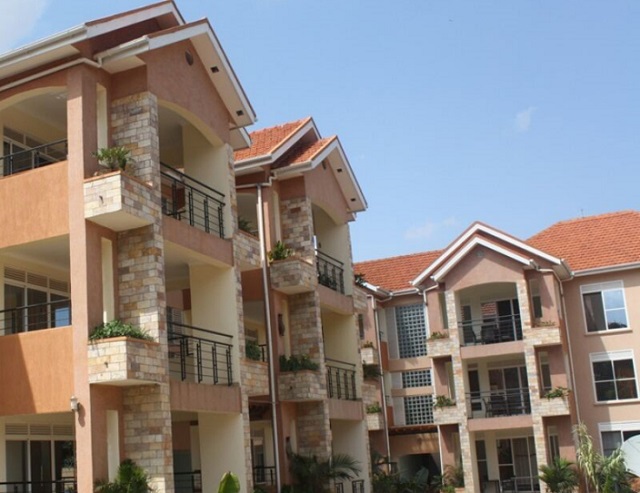
US-dollar dominated leases have extended to Naalya, Kiwatule, and Najjera areas
Kampala, Uganda | THE INDEPENDENT | Multinationals with lower rental budgets are now opting for residential apartments in less affluent suburbs in the greater Kampala, according to the latest report by the property management firm, Knight Frank.
The report, released on July.15 indicates that dollar dominated leases for residential apartments have extended to Naalya, Kiwatule, and Najjera.
“This suggests that multinationals with lower rental allocations are now moving outwards to more affordable areas,” notes the report.
This market has historically concentrated in the affluent suburbs of Nakasero, Kololo, Naguru, Mbuya, and Bugolobi, stretching to Muyenga, Ntinda, Lubowa, Munyonyo, Mutungo, and Luzira.
The report says demand for residential space in the suburbs has persisted due to a slightly lower rentals and the high quality of the new available stock.
The report notes that the prime residential market opened up to increased sale and rental activity, on the back of the return of expatriates to the country and growing activity in the oil and gas sector.
The apartments in the upscale neighborhoods of Kololo, Naguru, and Nakasero were in high demand, with noticeable interest in 1- and 2-bedroomed houses. As such, prime residential occupancies increased by 3%, while rents maintained relative stability.
Tenants, however, continued to drive harder rent bargains, and in most cases getting them owed to the fact that they are taking up numerous residential units.
Prime office market demand up
Meanwhile, the prime office market marked an uptick in leasing activity in H1 2022 driven in part by the full reopening of the economy, increased start-up funding, improved activity in the services sector, and the signing of the Final Investment Decision in February this year for the development of oil and gas sector.
The demand, according to the report, was from a wide range of sectors including; Financial Services, Technology/Telecoms, Oil & Gas, Health, NGOs, Business & Professional Services, start-ups, Industrial/Logistics, Legal as well as Government agencies.
The retail market performance as measured by footfall and turnover improved by 6% and 8% respectively in H1 2022 as compared to a similar period in 2021 due to full reopening of the economy.
While a noticeable uptick in retail activity was observed on a year-on-year comparison, turnover growth for general grocery retail and average footfall in malls remained subdued, showing a negative growth of 20% and 23% compared to pre-covid numbers respectively.
The industrial market, meanwhile, remained resilient supported by government initiatives to boost industrialization in the country and prospective investment in the oil and gas sector.
Uganda Investment Authority has highlighted 2022 and 2023 as the year for enhancing domestic investment with key focus on assisting small- and medium-sized businesses (SMEs) to scale-up, connect with significant local and international investors, offer them serviced workspaces in industrial parks, and provide training and other capacity-building programs.
In relation to the office market, the segment is likely see a review of escalation clauses in lease agreements on the back of growing discussions among stakeholders on the topic as a result of constrained incomes.
The report notes that the reviews will likely incorporate biennial rates as compared to the annual escalation rates that were the market norm. However, this is likely to happen on a case-by-case basis rather than as a general rule.
The persistent rise in commodity and energy costs is projected to result in high operational costs, which will be reflected in increased service charges, hence increasing total occupancy costs, according to Patience Taaka, a research analyst at Knight Frank.
Going forward, the report notes that environmental, social, and governance (ESG) is expected to take a centre stage in the real estate market as investors, occupiers, and employees place emphasis on green development strategies.
****
 The Independent Uganda: You get the Truth we Pay the Price
The Independent Uganda: You get the Truth we Pay the Price


